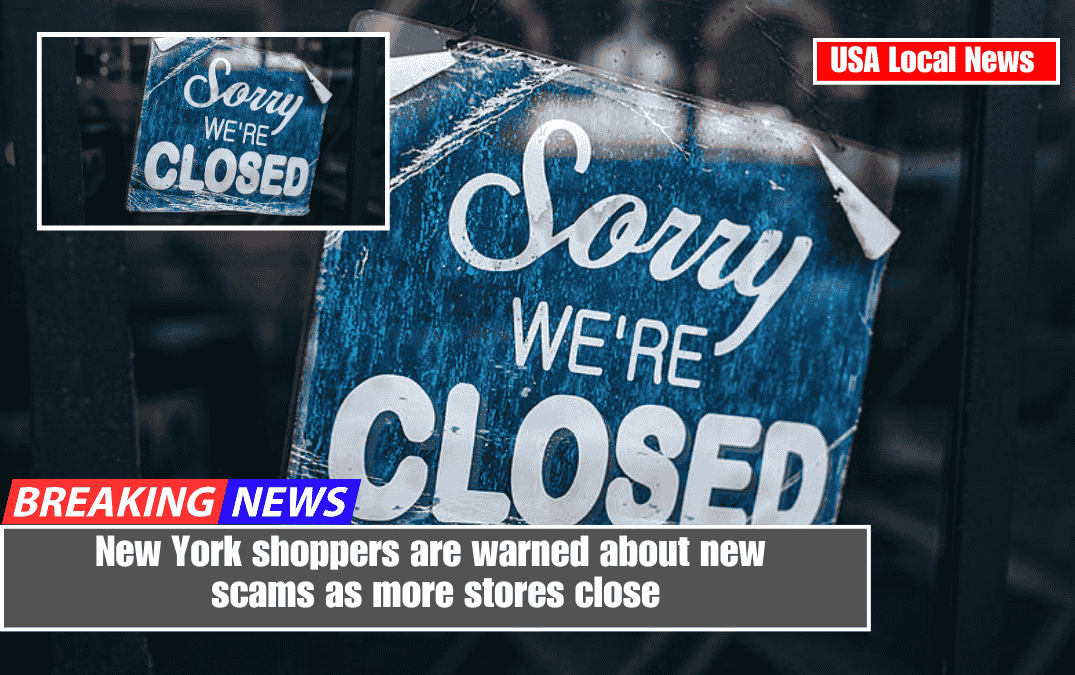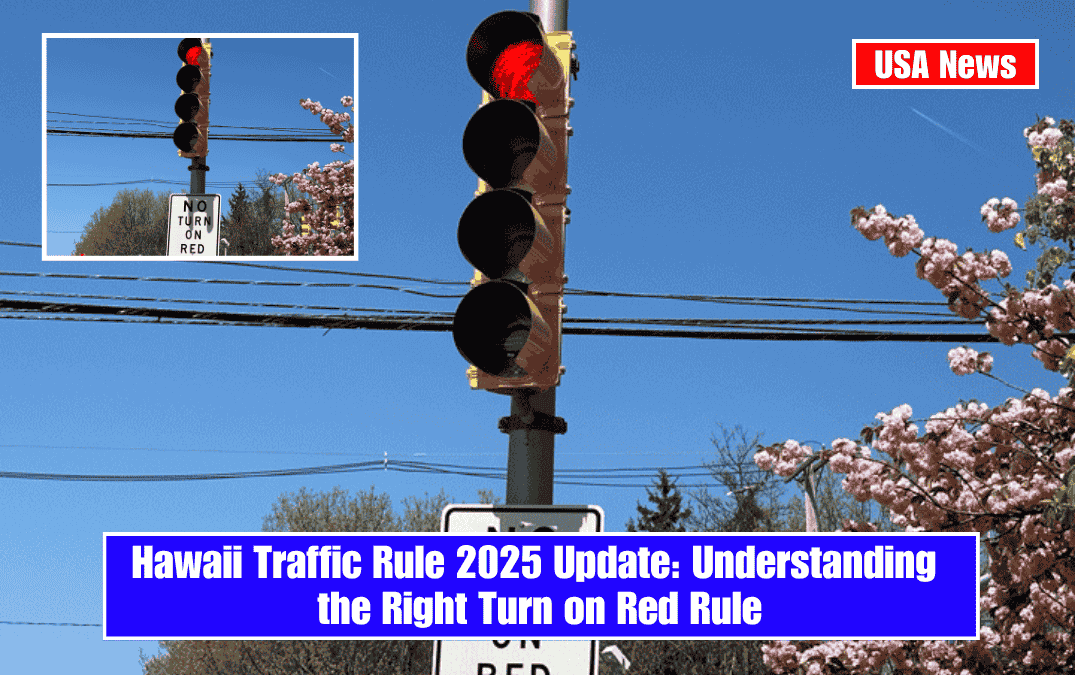Weeks after the idea was first proposed, the reality of whether and when Americans will receive the proposed $5,000 dividend payments from the Elon Musk-led Department of Government Efficiency (DOGE) remains uncertain.
While the proposed stimulus checks would return some of the government savings accrued by DOGE to taxpayers, not everyone would be eligible for the $5,000 payment that President Donald Trump has endorsed.
Are DOGE checks really coming? Who qualifies? Here’s what you should know.
Who is eligible for DOGE checks? Lower-income Americans likely won’t qualify
According to the original proposal by Azoria investment firm CEO James Fishback, DOGE would only send out payments to households above a certain income level that are “net-income taxpayers” (individuals who pay more in taxes than they receive back), with lower-income Americans not eligible for the return, USA TODAY reports.
“A lot of low-income households essentially saw transfer payments of 25 to 30% of their annual income,” Fishback said regarding the checks for the pandemic stimulus.
“This exclusively goes to households that are net-payers of federal income tax, and what that means is that they have a lower propensity to spend and a higher propensity to save a transfer payment like the DOGE dividend.”
When would DOGE checks be mailed out? There’s still a long way to go
Taxpayers could face a lengthy wait before receiving DOGE stimulus checks. DOGE must first meet its massive $2 trillion savings goal before issuing the $5,000 checks to Americans, and any checks must be approved by Congress before they are mailed.
DOGE claims that by cutting federal jobs and reducing spending, it has saved more than $100 billion and is still considering the $5,000 payout.
Are DOGE checks a good idea? Economists have doubts
According to the Arizona Republic, many economists believe DOGE stimulus payments are a foolish idea that could lead to higher inflation, and that the money would be better spent paying down the budget deficit and balancing taxes.
“It would increase the deficit, it would increase immediate consumer spending, and that would have inflationary consequences, which is something we don’t want right now,” said Judge Glock, director of research at the Manhattan Institute.
Inflation is another issue associated with stimulus cheques. If DOGE starts “mailing out large checks to large numbers of people, wow, that’s going to put a big boost to inflation because Trump’s putting out tariffs, and tariffs mean more expensive goods and services,” Jay Zagorsky, a professor at Boston University’s Questrom School of Business, told CBS News.
However, during a February press briefing, Kevin Hassett, Trump’s director of the National Economic Council, stated that the checks would not promote inflation because the government had previously planned to spend the money. This sentiment has been expressed by Fishback in recent interviews.
“If we don’t spend government money and give it back to the people, and they spend it all, then you’re even,” he remarked, according to financial news website Investopedia. “But they’re probably going to save a lot of it, in which case you’re reducing inflation.”
According to Elaine Kamarck, a senior scholar in governance studies at the Brookings Institution, DOGE will not generate enough savings to issue checks “big enough” to cause inflation. She deemed the concept of a DOGE dividend “ridiculous.”
“There’s no money there, and certainly not enough to make a significant contribution to taxpayers,” said Kamarck, who collaborated with Vice President Al Gore to reduce government waste during the Clinton administration. “The guy just says things,” she said, alluding to Musk.















